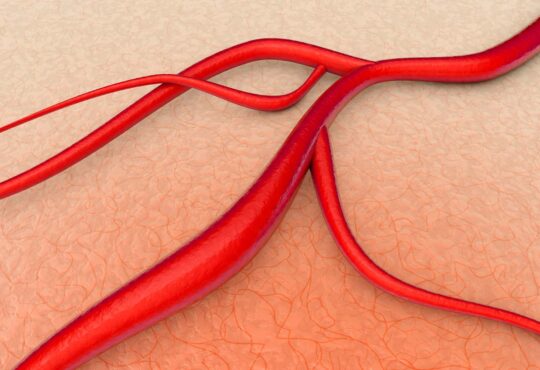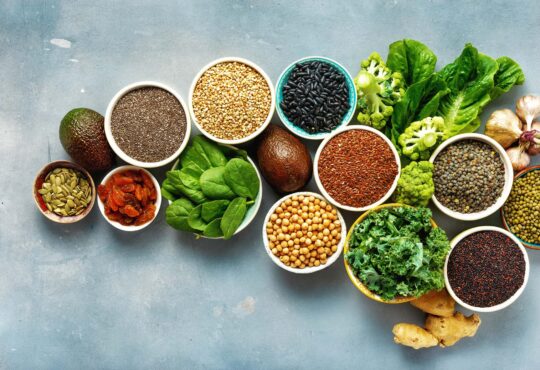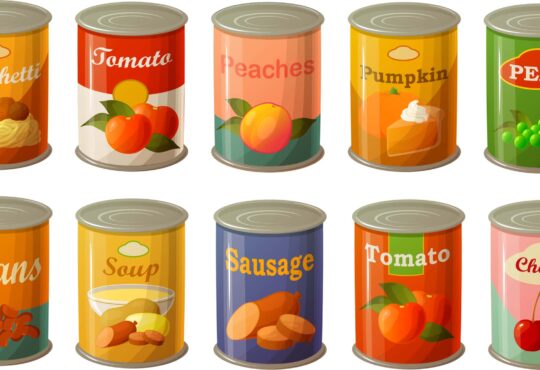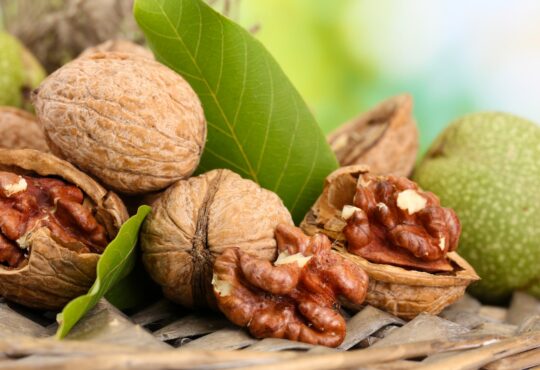
One of the most important markers of your biological age is lung capacity.
The more you have, the longer you’ll likely live.
That makes perfect logical sense. No matter how smart your brain or how strong your heart, they need a continuous supply of oxygen – which depends on your lungs.
That makes N-acetyl-L-cysteine (NAC) one of the most important nutrients you’ve probably never heard of.
NAC has many proven benefits for your lungs and your entire respiratory tract.
NAC Protects Your Lungs by:
* Breaking down excess mucus in air passages
* Preventing the worsening of chronic bronchitis and acute respiratory distress syndrome (ARDS)
* Lowering rates of exacerbations in patients with Chronic Obstructive Pulmonary Disease (COPD)
* Fighting the bacteria and viruses that infect your lungs
* Decreasing the harmful inflammation that can severely damage your lungs and even kill you
What is NAC?
It’s a precursor to one of the amino acids your cells need to produce glutathione: L-cysteine.
Glutathione is one of the most powerful antioxidants in your body, and so it and NAC/L-cysteine are closely related. You need plenty of both for optimal health.
NAC is considered semi-essential. We absolutely need it, but it’s not “essential” when your body has plenty of the amino acids it’s made from: methionine and serine. When your body has plenty of methionine and serine, it just makes the NAC. But when we’re low in methionine and serine, NAC – really, L-cysteine – becomes a nutrient essential to consume.
Controlling Mucus
Healthy lungs all have a small amount of mucus coating the walls of the airways.
This mucus traps inhaled particles and pathogens (bacteria and viruses). Then the tiny little projections are known as cilia clear away the mucus along with whatever is trapped in it. This keeps your airways clear and healthy.
However, many things can overwhelm this lung-cleansing system, including respiratory illness, allergies, and lung disease.
When that happens, your lungs secrete large amounts of mucus. Everybody’s familiar with that from severe colds.
As excess mucus accumulates, it becomes sticky, and hard to remove – so it’s harder for you to breathe.
But when you inhale NAC, it makes the mucus thinner, less sticky, and less dense.
Protecting Your Respiratory Infections
We are constantly inhaling a large amount of air. So we’re exposed to uncomfortably hot and cold air, dry air, smoke, air pollution, mold, pollen, other stray plant materials, dirt, and dangerous gases.
It’s a good thing we can’t see all the stray bacteria and viruses just floating around in both the outside and inside air. That’s why respiratory infections are so common, including colds, pneumonia, and influenza. It’s amazing we don’t all have many more infections than we do.
NAC Saves Our Lungs
It prevents harmful bacteria from adhering to the cells in your airways. One way it does that is by disrupting the bacteria’s biofilm.
That’s a slimy covering the bacteria try to hide with. They can prevent the cells of your immune system from recognizing them as a foreign invader, so your immune system doesn’t destroy them. Biofilms also block harmful bacteria from antibiotics and antibodies.
But NAC destroys these biofilms – and blocks the bacteria from growing new biofilms. This makes it difficult for infectious bacteria to survive in our airways.
NAC also protects us from viral infections. In one study, researchers found NAC did well against the respiratory syncytial virus. That ordinarily invades the cells lining our airways, damaging them.
NAC not only blocked the virus from reproducing but also restored the normal structure and functioning of the airways themselves.
NAC Decreases the Real Respiratory Illness Killer
That’s inflammation.
In many cases of fatal respiratory illness, victims die from the severe inflammation, not from the invading virus.
That was especially true of the 1918 influenza. That illness killed young adults more than anybody else because their strong immune systems overreacted so powerfully to the influenza virus in their lungs.
Early 21st-century bird flu also killed many victims by stimulating their immune systems to destroy their lungs.
But NAC helps reduce this inflammation by preventing damage from free radicals because it’s an antioxidant. And it decreases your immune system’s production of pro-inflammatory compounds.
Ways to Boost NAC
1. Supplements
There is no generally recognized standard “dose” of NAC. The Life Extension Institute recommends 600 mg to 1,800 mg per day.
2. Nebulizer
This is a machine that turns substances into gas that can be inhaled. Asthma patients rely on nebulizers.
You’ll have to mix up NAC from supplements into a liquid suitable for the nebulizer. Follow the machine’s directions.
Then you inhale it through a plastic mouthpiece.
This is clearly quicker and more intense than simply taking NAC supplements and waiting for it to be digested and distributed to your lungs.
So, it may work better if you have an active lung problem – though, of course, first check with your doctor.
One guy on YouTube swears this really helped his lungs when California wildfires were filling the air with inflammatory and abrasive smoke.
Doctors have been using inhaled NAC to reduce and control mucus since the 1960s.
3. Eat foods rich in methionine, serine, and cysteine
That includes all high-protein foods, such as those from animals – and seeds and legumes (beans, peas, peanuts, and lentils).
Because NAC/L-cysteine is so closely related to glutathione, using natural ways to increase that antioxidant will also help, including:
1. Eating foods rich in sulfur, such as cruciferous vegetables (kale, broccoli, and others) and allium vegetables such as onions and garlic.
2. Getting 7-9 hours of sleep every night.
3. Consuming the few foods that contain glutathione, including spinach, avocado, and asparagus.
https://journals.plos.org/plospathogens/article?id=10.1371/journal.ppat.1000115
https://www.youtube.com/watch?v=rdOJa5J6eoM
https://www.nature.com/articles/s41598-020-68372-w
https://www.lifeextension.com/magazine/2020/ss/protect-your-respiratory-system
https://www.healthline.com/nutrition/nac-benefits#TOC_TITLE_HDR_5
https://www.healthline.com/nutrition/how-to-increase-glutathione







